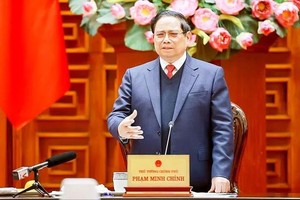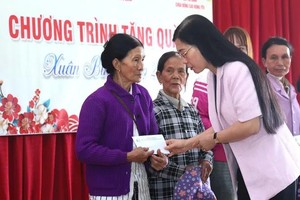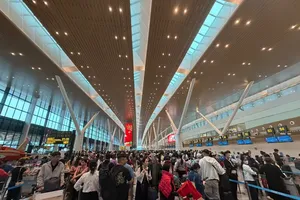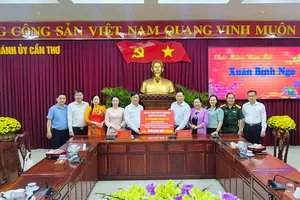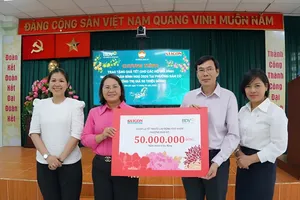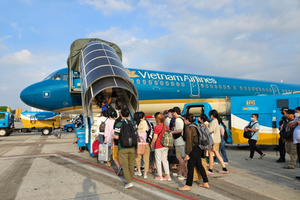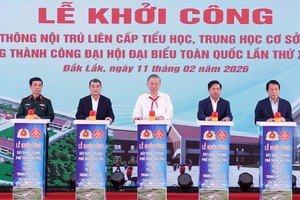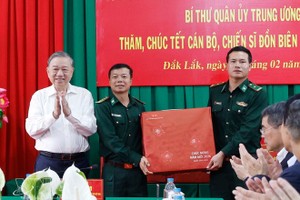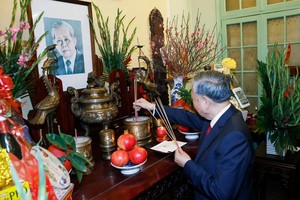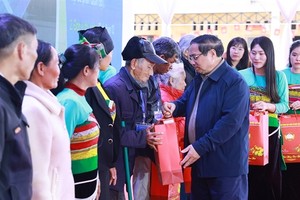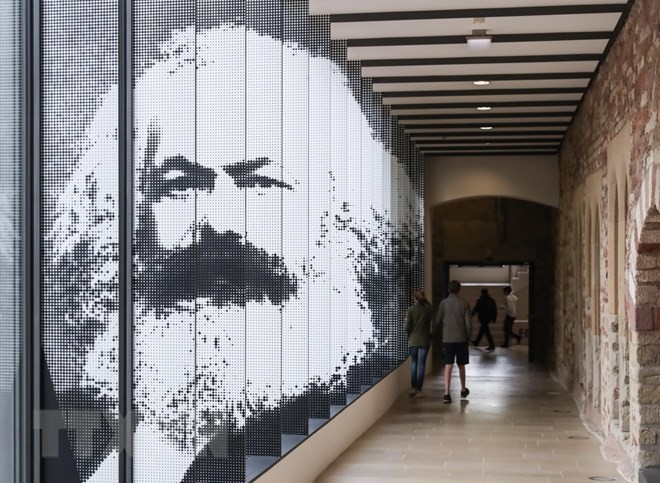
Karl Marx was born in 1818 in Trier, which then belonged to Prussia. The Goethe Institute Hanoi will mark this anniversary by exploring the life, work, and most importantly, the impact of this multi-faceted thinker.
The contest will include short essays or fictional stories of about 500 words in length. Art works such as plays, poems, comic strips and picture stories or cartoons and artistic or documentary short films of no more than 90 seconds in length are also accepted.
“We want to call on all people, not only scientists and researchers, but also others from fields such as art to join the contest,” said Goethe Institute’s director Wilfried Eckstein at a press conference held on May 10.
People can write in Vietnamese and English and send their work via email to Vietnam-marx200@goethe.de before four deadlines on May 15; June 4; July 2 and August 20. After each deadlines a jury will select the items to publish on the website.
By May 15, the organisation asks especially for design suggestions for a t-shirt celebrating the Marx 200 event. From the proposals, the organisation will choose the best to be used in the course of the Marx 200 campaign.
All texts will be presented to the jury in an anonymous format in order to protect the contestant’s identity. A public discussion and exhibition of the artistic submissions will take place on the weekend of September 21-22. Four topics on the dialogue will be Marx and Religion; Marx and Mass Consumerism; Marx and Globalisation and Marx and the Liberation of the Human Being.
The project will examine the enduring significance of the German philosopher, politician, and economist in modern Vietnamese society and politics. It is supported by the Friedrich Ebert Foundation, University of Social Sciences and Humanities, Hanoi National University (USSH Hanoi) and Justus-Liebig University Giessen.
The contest will include short essays or fictional stories of about 500 words in length. Art works such as plays, poems, comic strips and picture stories or cartoons and artistic or documentary short films of no more than 90 seconds in length are also accepted.
“We want to call on all people, not only scientists and researchers, but also others from fields such as art to join the contest,” said Goethe Institute’s director Wilfried Eckstein at a press conference held on May 10.
People can write in Vietnamese and English and send their work via email to Vietnam-marx200@goethe.de before four deadlines on May 15; June 4; July 2 and August 20. After each deadlines a jury will select the items to publish on the website.
By May 15, the organisation asks especially for design suggestions for a t-shirt celebrating the Marx 200 event. From the proposals, the organisation will choose the best to be used in the course of the Marx 200 campaign.
All texts will be presented to the jury in an anonymous format in order to protect the contestant’s identity. A public discussion and exhibition of the artistic submissions will take place on the weekend of September 21-22. Four topics on the dialogue will be Marx and Religion; Marx and Mass Consumerism; Marx and Globalisation and Marx and the Liberation of the Human Being.
The project will examine the enduring significance of the German philosopher, politician, and economist in modern Vietnamese society and politics. It is supported by the Friedrich Ebert Foundation, University of Social Sciences and Humanities, Hanoi National University (USSH Hanoi) and Justus-Liebig University Giessen.

